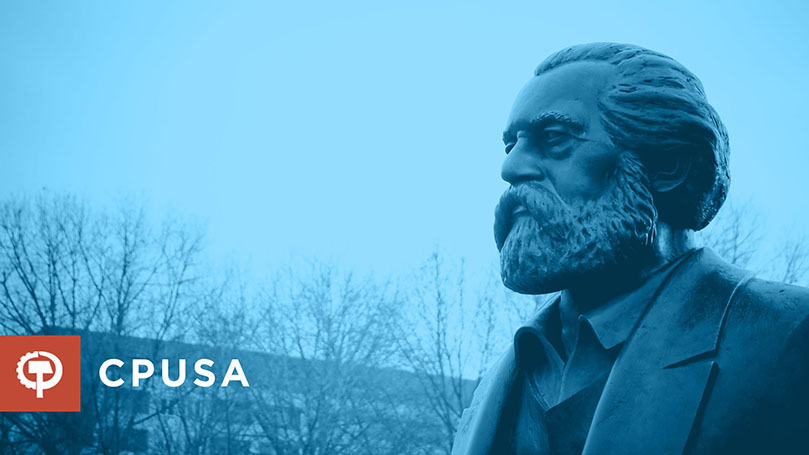
1. (b)
Weber rejects the historical materialism of Marx and Engels–the idea that social organization and social change can best be understood by looking at the forces and relations of production. Instead, he looks to ideas and attitudes to explain how societies evolve. Weber’s account of modernization emphasizes the ‘rationalization’ or ‘disenchantment’ of the world: a turn toward science, technology, and bureaucracy as the basis for social organization. Weber was deeply ambivalent about this process, seeing it both as conferring broad social benefits and as reducing the individual to a cog in a machine. The current neoliberal model of development and globalization—the idea that expanding European and U.S.-style capitalist institutions will promote freedom and prosperity–is grounded in Weber’s work.
2. (d)
Friedman contributed more than any other thinker to the set of goals and policies we know as neoliberalism. He was a confidant of Ronald Reagan and Margaret Thatcher, an architect of the economic policy of the Pinochet regime in Chile, a founder of the charter school movement, and the leading advocate of privatization and deregulation.
3. (c)
Bernstein made a number of important observations about the nature of capitalism. He recognized that people move from the working class into the petty bourgeoisie of small business owners, and he understood—as some Marxists did not, and do not–the importance of the fight for social reforms under capitalism. However, he made a serious error in failing to see the internal contradictions of capitalism. He believed that capitalism could reformed and regulated to benefit the working class, and that such a path of reforms could lead to socialism. Bernstein was a key theorist of Social Democracy and Democratic Socialism, which see a non-revolutionary path from capitalism to socialism.
4. (b)
‘Bill of Rights Socialism’ is based on the idea that socialism in the United States will represent an expansion, rather than a rejection, of the democratic struggles in our nation’s history. Socialism will allow us to move beyond the limited and restrictive democracy of capitalism to a true democracy based on equality for all.
Score: 0 wrong: Theoretician. Write an article! Teach a class!! 1 wrong: Developed Marxist. Form a study group, join the party; 2 to 3 wrong: Class conscious worker – study harder; 4 wrong: Danger! deviations possible. study and then study some more lest you drift into the marsh of opportunism!

 Join Now
Join Now